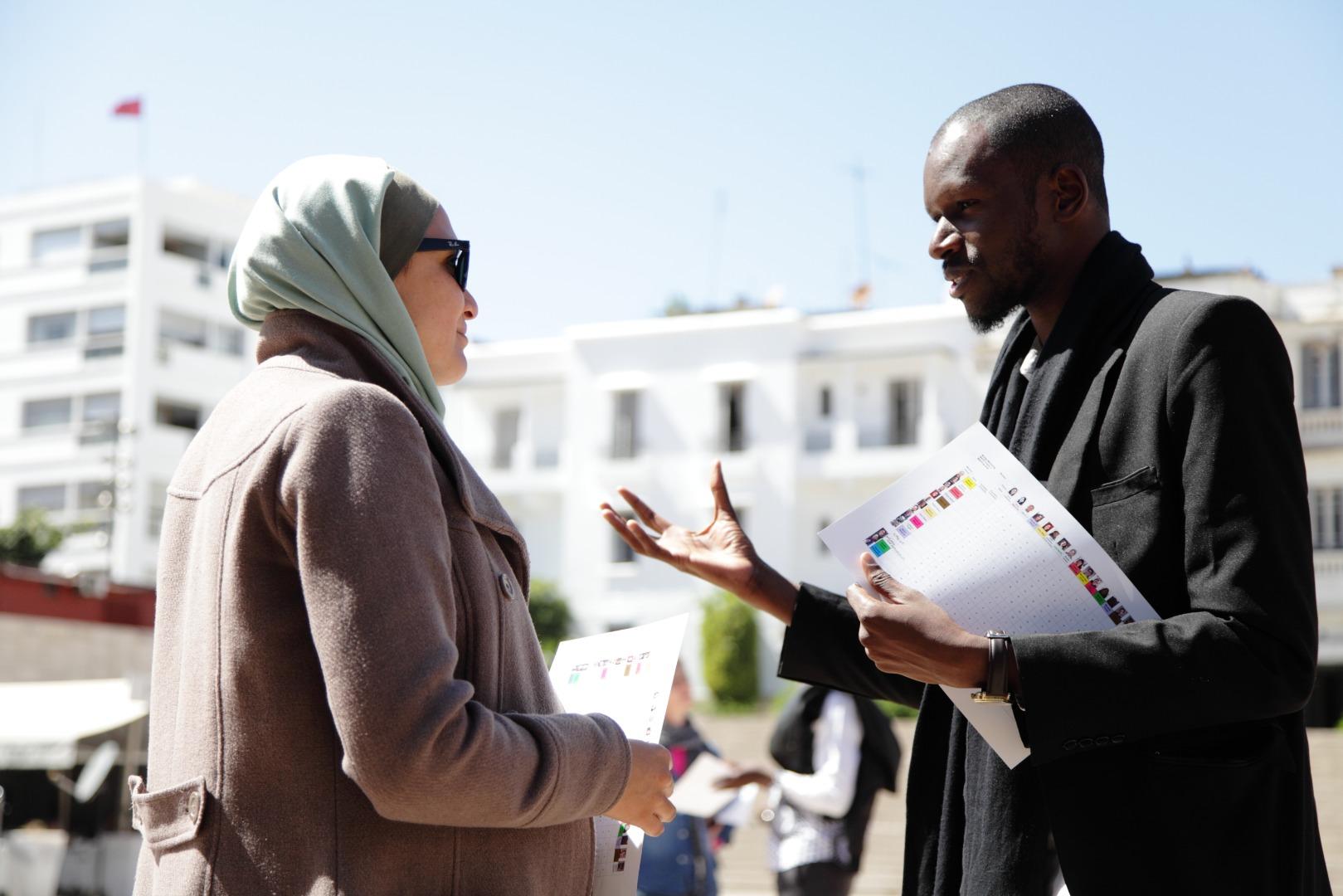-
What we doPersonal development
- Accelerating your impact
- Leadership for young people
- Navigating transitions
- Boosting collaboration
- All programmes
-
Social campaignsSocial campaigns
Taking a stand on social issues. Join us in investing for a better future
Read moreCurrent campaigns -
ImpactEvidence
-
AboutLocations
Cross-boundary leadership
We develop people who can cross cultural, institutional, and social boundaries
Tackling problems like never before
The many complex problems we face – in our organizations and in society – pay no attention to cultural, institutional, or social boundaries. They spread across them. So, if we are to better tackle the complex problems – big and small - and come together in what is an ever more connected world, we must be able to work together, with purpose, despite our differences. If we do this well - building bridges as we cross them – new opportunities for collaboration and innovation can be created and people can become real catalysts for change.
2023 in numbers:
87%
of alumni reported the programme was good value for time
2k
industry speakers contributed to our programmes
Our approach
Leadership development - with a difference
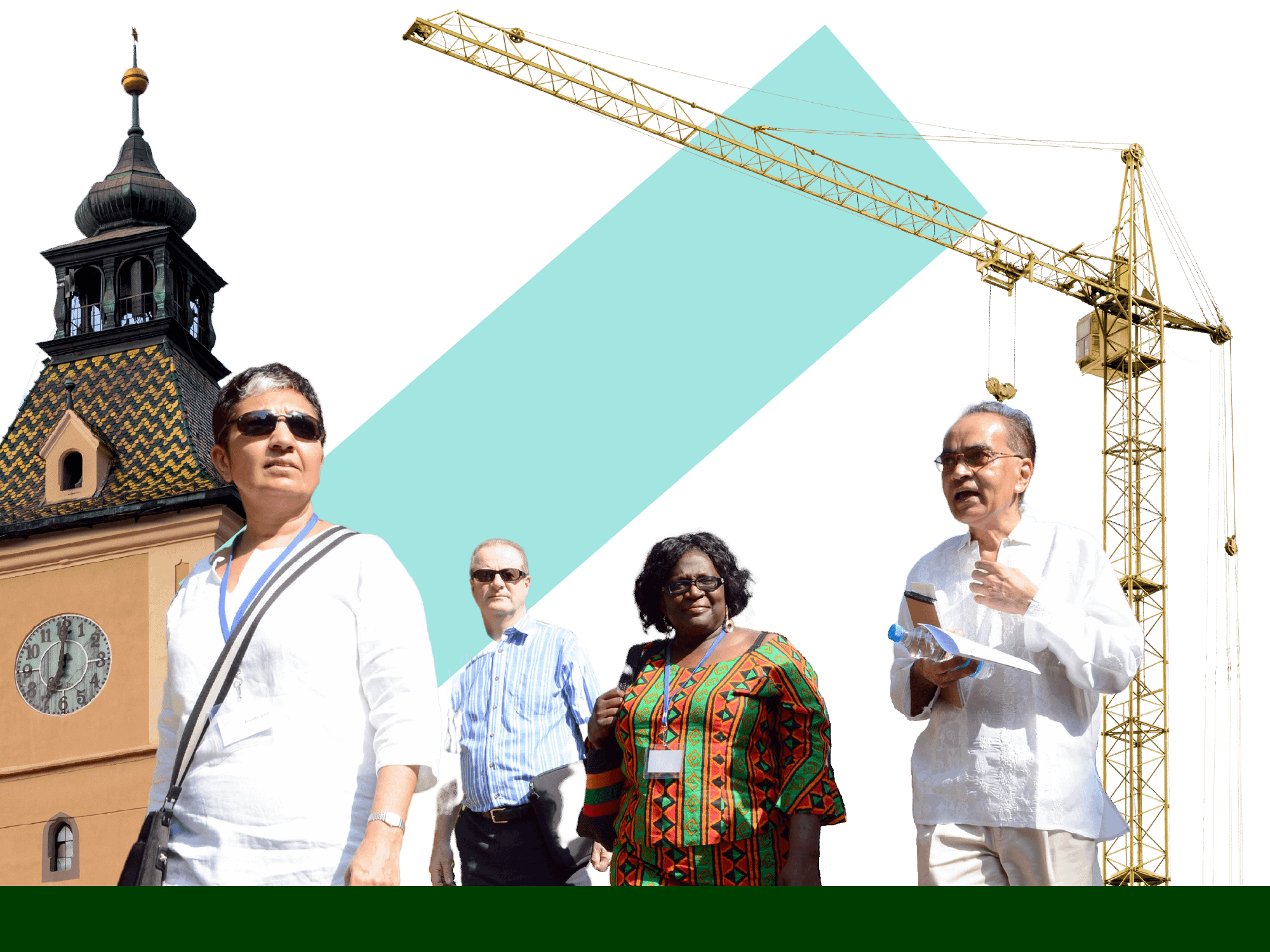
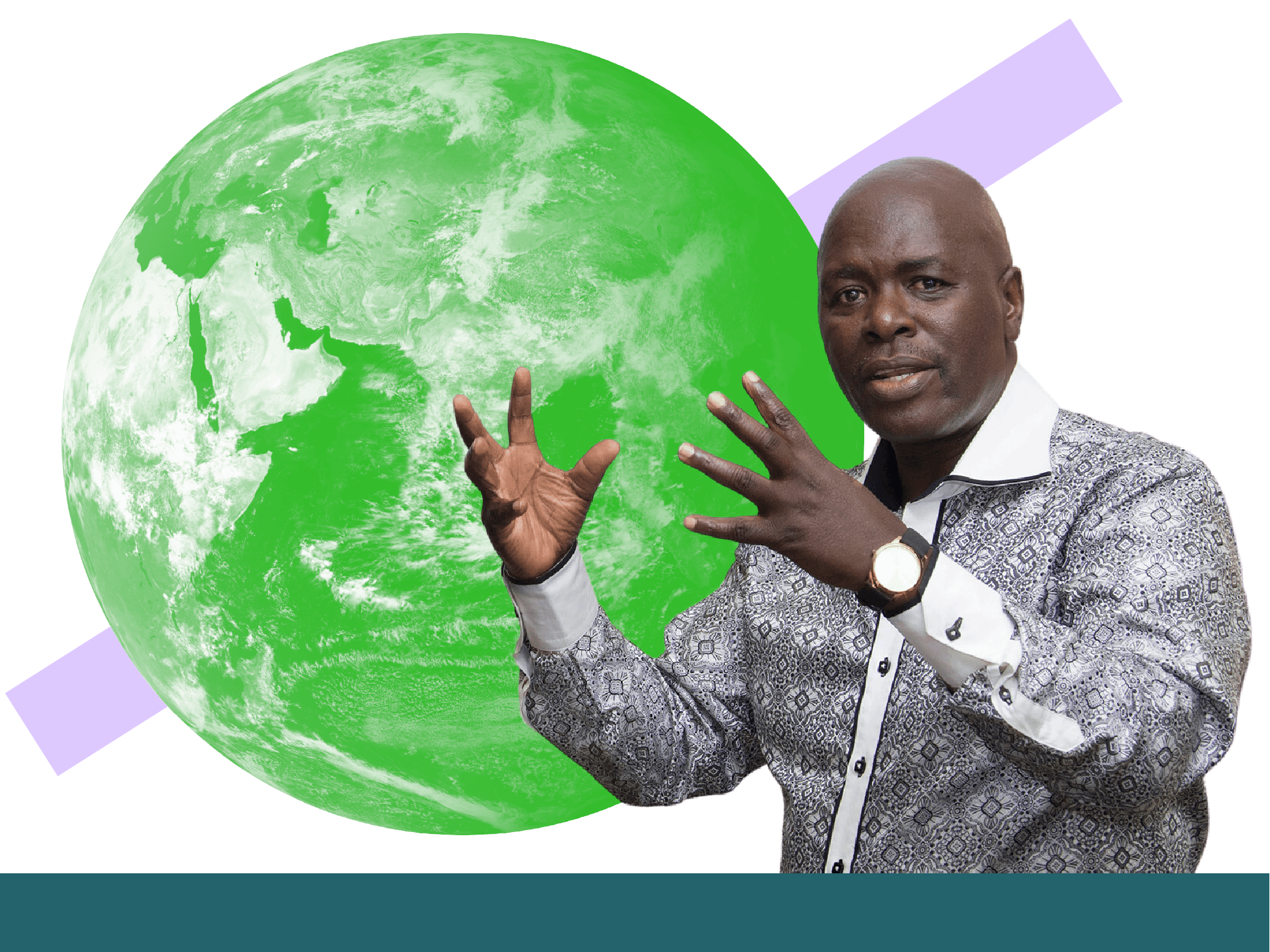
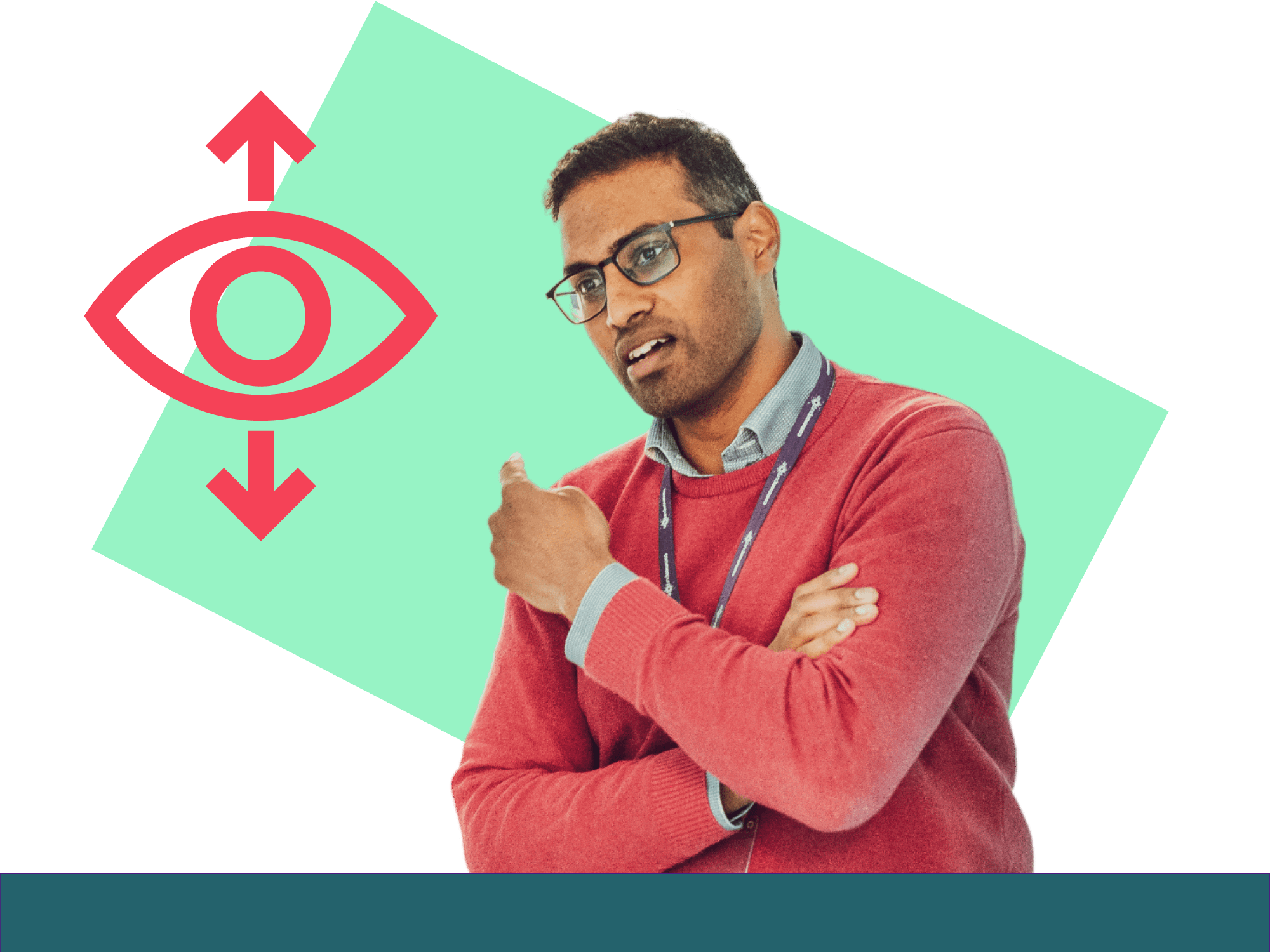
Need help deciding?
Business solutions
Transform your organization
Get in touch
How can we help you?
Our impact
An experience like no other

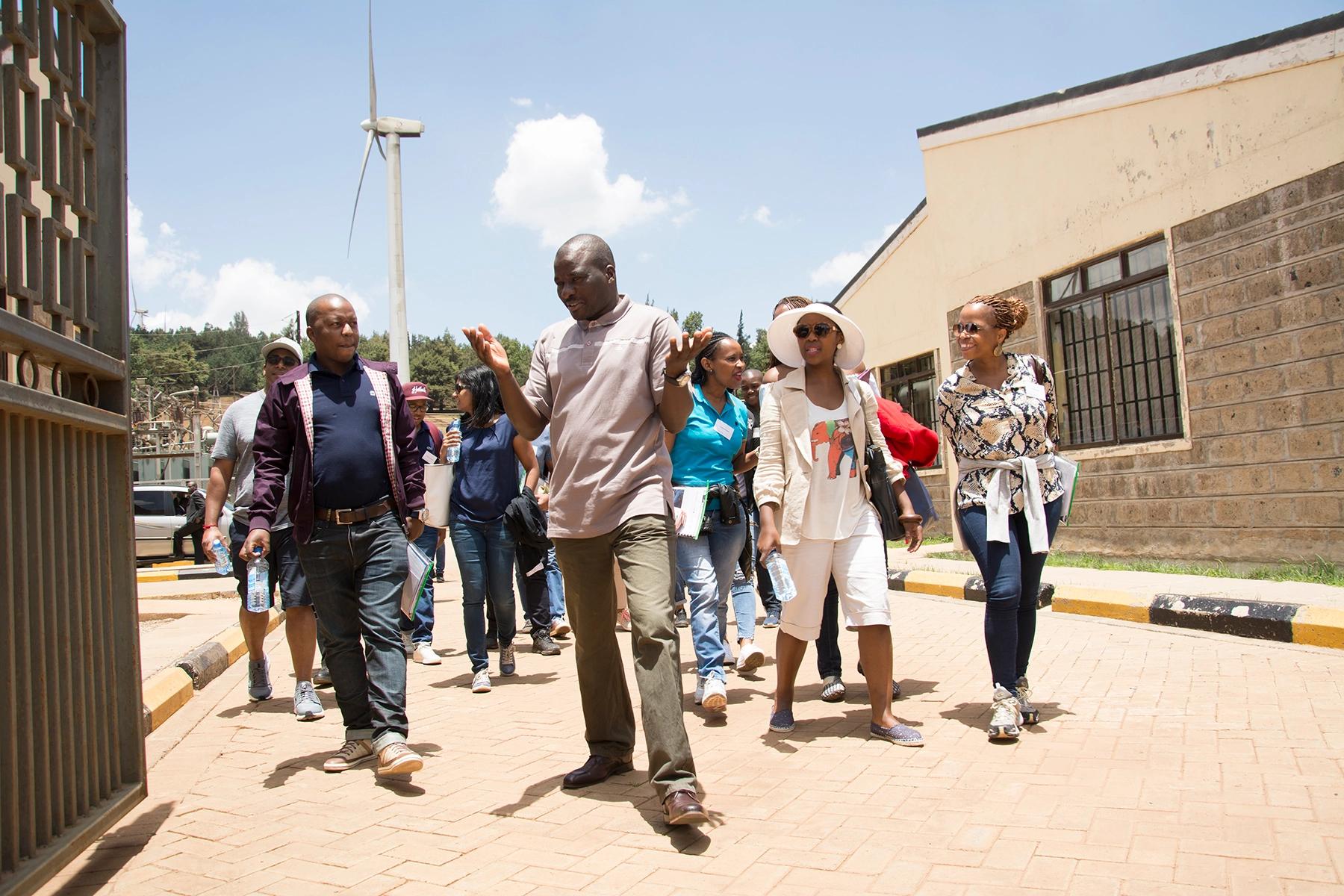


"Common Purpose offers me a framework to look at my daily living environment from a variety of new perspectives. The joint development of topics with executives from a wide variety of areas of activity allows the participants to question their own thought patterns and gain openness to the 'other'. The program offers impulses that – in terms of content and time – have an effect far beyond other classic programs."

"Common Purpose is quite unique in that it provides a cross-sector platform to engage, empower and inspire people from the private, public and not-for-profit sectors to combine efforts and make cities work better. In doing so, participants enhance their confidence to make changes for the greater good of their organizations."

"Common Purpose’s experiential learning approach means you actually see things in play and hear how leaders implement strategies in their own organizations. It’s really precious – it’s hard to get that level of candour otherwise."


